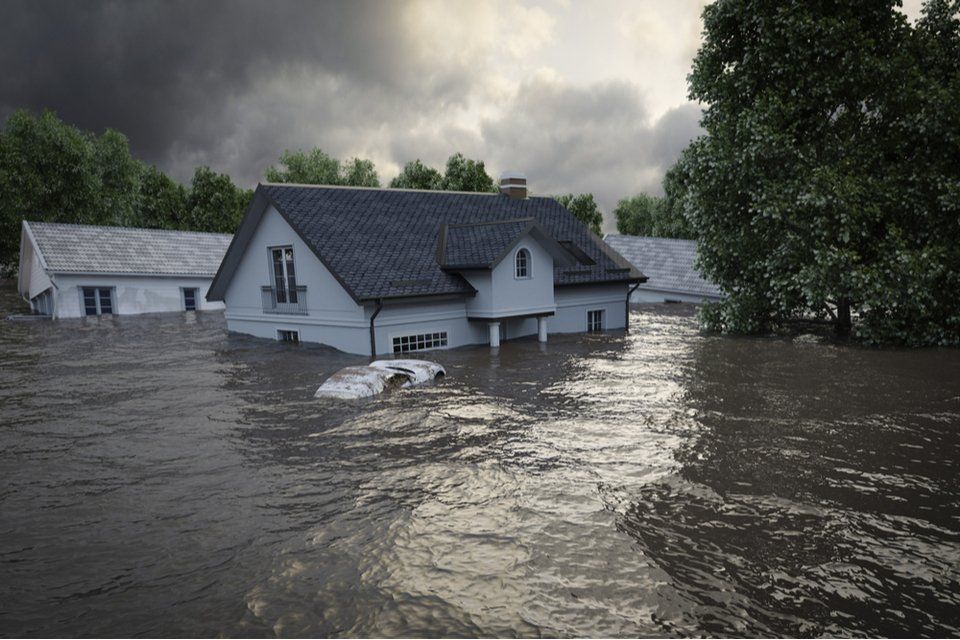During an emergency
OTHO helps emergency response teams and local and national governments to respond appropriately during an emergency. Contact our team today to find out how we can help you prepare.
Why prepare?
We may hope that an emergency doesn't happen, but life isn't like that. Emergencies and disasters come in all forms and often occur without warning. Some start slowly and rapidly increase - like COVID-19 - crossing local and international borders. Others may take place simultaneously in a major city - such as terrorist attacks at various locations. What is important is that there is a plan - or plans - to respond and tackle the emergency with trained and competent people who know what to do and are properly trained. That is why having a plan, appropriate training, and taking part in exercises are so important.

Slide title
Write your caption hereButton
-
Read More
Even then, emergency response will rarely be easy. There will be issues with poor communications, the lack of accurate information and potential confusion over who is in charge and managing the response. These are common failings in many major emergencies, so that's why organisations must spend time on preparation before an emergency occurs to reduce the likelihood of poor response and the implications for the public.
An effective response
During an emergency response, we expect the authorities to have in place effective arrangements for command, control and communications and that the emergency services will co-operate and work together. We expect that people who are trapped and injured will be rescued quickly and receive appropriate medical care and shelter and that everyone affected will receive the best support that is possible, and that the needs of vulnerable individuals are met.
Tried and tested methods
We need tried and tested arrangements in place to warn and inform affected communities when disaster strikes, to ensure that they are aware of what is happening, what they should do, and what is expected of them. For example, do they need to evacuate their homes in the case of flooding, and if so, where should they go, and who can help them? How should the authorities communicate with people directly affected by disaster, and how do the authorities know whether their messages are being received and understood?
At OTHO Ltd, we help authorities and organisations to work out how best to respond during an emergency.

Slide title
Write your caption hereButton
Find out more about responding effectively during an emergency: +44 (0) 7706 112 416
21 Boulevard, Weston-super-Mare, BS23 1NR, United Kingdom
+44 (0) 7706 112 416 | +44 (0) 1934 643058
